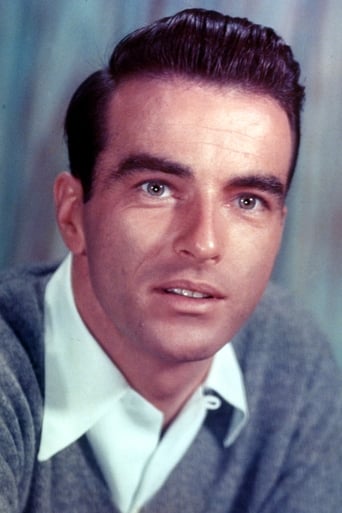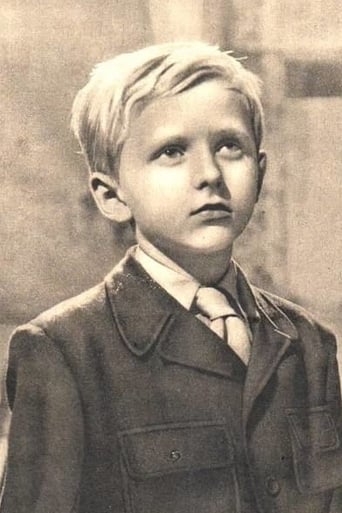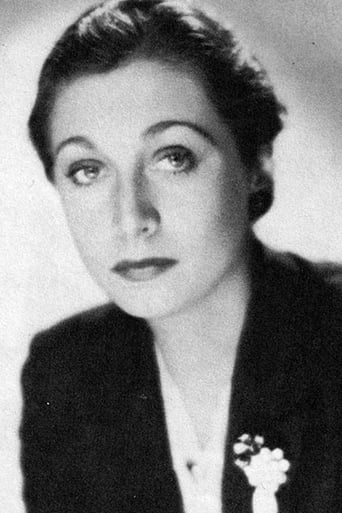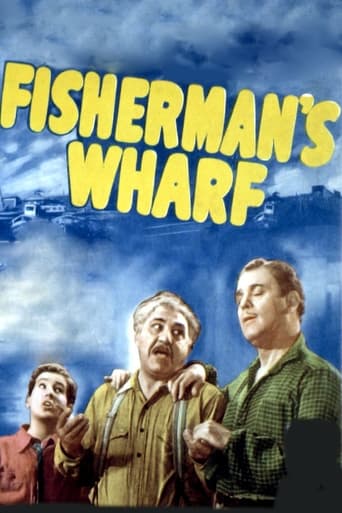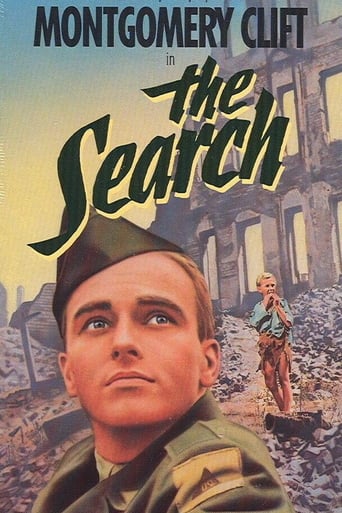
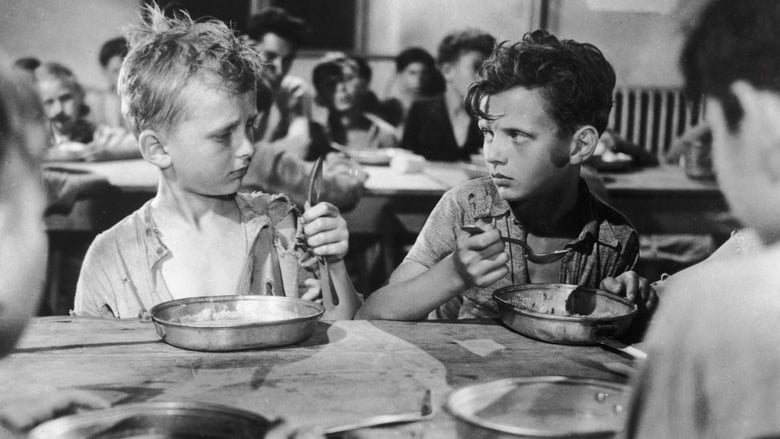
The Search (1948)
In postwar Germany, a displaced Czech boy, separated from his family during wartime, is befriended by an American GI while the boy's mother desperately searches for him.
Watch Trailer
Cast
Similar titles


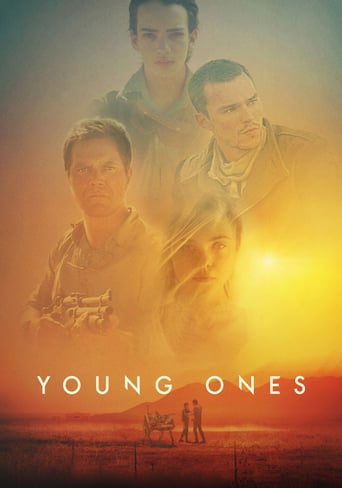
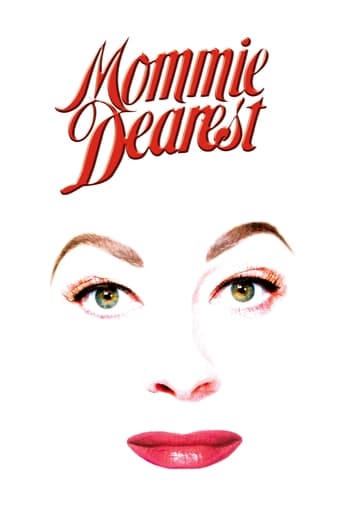
Reviews
Let's be realistic.
Fresh and Exciting
It’s not bad or unwatchable but despite the amplitude of the spectacle, the end result is underwhelming.
It is neither dumb nor smart enough to be fun, and spends way too much time with its boring human characters.
Having fled a refugee centre in post-World War II Germany, a traumatised boy with selective mutism is taken in by a kindly soldier while his mother desperately searches for him in this war drama starring Montgomery Clift as the soldier. 'The Search' was Clift's first big screen performance and he is great every step of the way, radiating genuine excitement when teaching the boy how to speak and the bond that develops between them is undeniable. Jarmila Novotna is also fine as the boy's mother, never once lapsing into melodrama in a nicely down-to-earth turn, and Ivan Jandl as the boy in question won a special Oscar for his performance. The film takes quite a while to warm up with Clift not making an appearance until over 30 minutes in. The beginning portion of the film also features a lot of sentimental voice-over narration that spells out the obvious (the kids are described as "children who had a right to better things"). There are, however, also several fantastic moments early on. The bumpy, silent ambulance ride in which tension and anxiety within the kids gradually swells up rates as one of the finest sequences that director Fred Zinnemann ever filmed - and the subsequent near-silent chase scene is equally as intense. Whatever the case, the final hour or so of the film (in which the narration practically disappears) is excellent stuff. Clift's altruism is especially resonating as the film looks at the ability of humanity to triumph in the face of the inhumanities of war, and the use of actual desolate postwar German locations injects a chilling sense of authenticity into the air.
I first saw this unique film at age 9 or 10 on New York City TV (1956-57). I was completely thrilled and overwhelmed, although personal experience may have played a role -- I had many unhappy separations from my emotionally disturbed mother as a child, and really identified with the character played so magnificently by the young Ivan Jandl. But I also fell in love with Montgomery Clift, an intense boyhood crush for this wonderful "dad" which remains undimmed to this day because of his remarkably empathetic and generous portrayal here. This is 1948, and Monty was still almost a child -- but was he EVER better? And the rest of the cast is just superlative, especially the heartrending, utterly inspiring Jarmila Novotna, a great and famous Czech opera singer who also made a few movies.Make no mistakes -- this is a low budget movie with few frills. Technically, it is primitive compared to better-financed Hollywood projects of the time. But in addition to the great stuff referenced above, it is a remarkable look at immediately-postwar Germany, and a touching reminder of an idealistic American Dream that seems no longer to exist.Be assured, people: among those great movies people call Must See, "The Search" is a biggie. Find it, and love it!
A seldom-seen socially conscious film from the late 1940's, Fred Zinneman's "The Search," has a semi-documentary feel that enhances the story of a boy searching for his mother in post-war Germany. Young Karel Malik, touchingly played by Ivan Jandl, has escaped Auschwitz, eluded orphan-camp supervisors, and now lives among the abstract skeletons of bombed-out buildings and churches. While Karel begs food from American soldiers, his mother, Jarmila Novotna, who has miraculously survived a concentration camp, is tirelessly searching for her son, the only possible survivor of her family. A soldier, Montgomery Clift, befriends Karel, teaches him English, and hopes to bring him to the United States. Meanwhile, in her seemingly futile search, the mother has reached the same city, where she agrees to work at a displaced children's camp. Although eight writers are credited with the screenplay, the story moves predictably and too often reverts to wordy explanations, while leaving lengthy foreign-language discourse without subtitles. However, the words are unnecessary, because the haunting faces of children who have emerged from years of horror speak volumes. Their reactions to painted red-crosses, military uniforms, and authority figures reveal more than dialog about their ordeals during the war. When exhaust fumes seep into a transport ambulance, the children react in panic. No explanation necessary.Filmed on location in the American sector of occupied Germany, "The Search" plays like a documentary for the first half hour, because the on-screen faces are relative unknowns. When Clift and then Wendell Corey appear, the realism dissipates somewhat, although the focus never wavers from the plight of mother and son or the traumatized children who are eager for a new life in Palestine. Emil Berna's black-and-white cinematography captures striking day and night images of a ruined German city and provides a visual record of the war's devastation. Robert Blum's music, however, is often overbearing and, especially during the conclusion, insists on emphasizing emotions that are already evident in the actors' faces. However, the score and a contrived ending are all that mar a remarkable filmed document that spotlights a largely forgotten post-World-War-II social issue.
I have to search my memory to find a movie where there is such a magic chemistry between a man and a little boy;they say Monty Clift used to rewrite his lines before the shoot.To write that he gave it his all is to diminish the thespian because there was always more to give .All his scenes -and it takes 40 minutes before he appears- are simply sensational.It makes you want to see (or as far as I'm concerned see again) all his other movies from " the heiress" and " a place in the sun" to "the misfits " "Freud " and my personal favorite "Suddenly last summer".to think that it was his debut on the silver screen! That said ,the first part of the movie ,which is Cliftless ,is by no means uninteresting;on the contrary ,it depicts,in a documentary way,the return of the children from the concentration camps ,and their fear of the uniforms ,of the ambulances (and the red cross on it).And let's not forget Jarmila Notvona as the mother hoping against hope and the always reliable Aline McMahon as the humane Mrs Murray.Some will say it's full of finer feelings but it's full of humaneness too.
